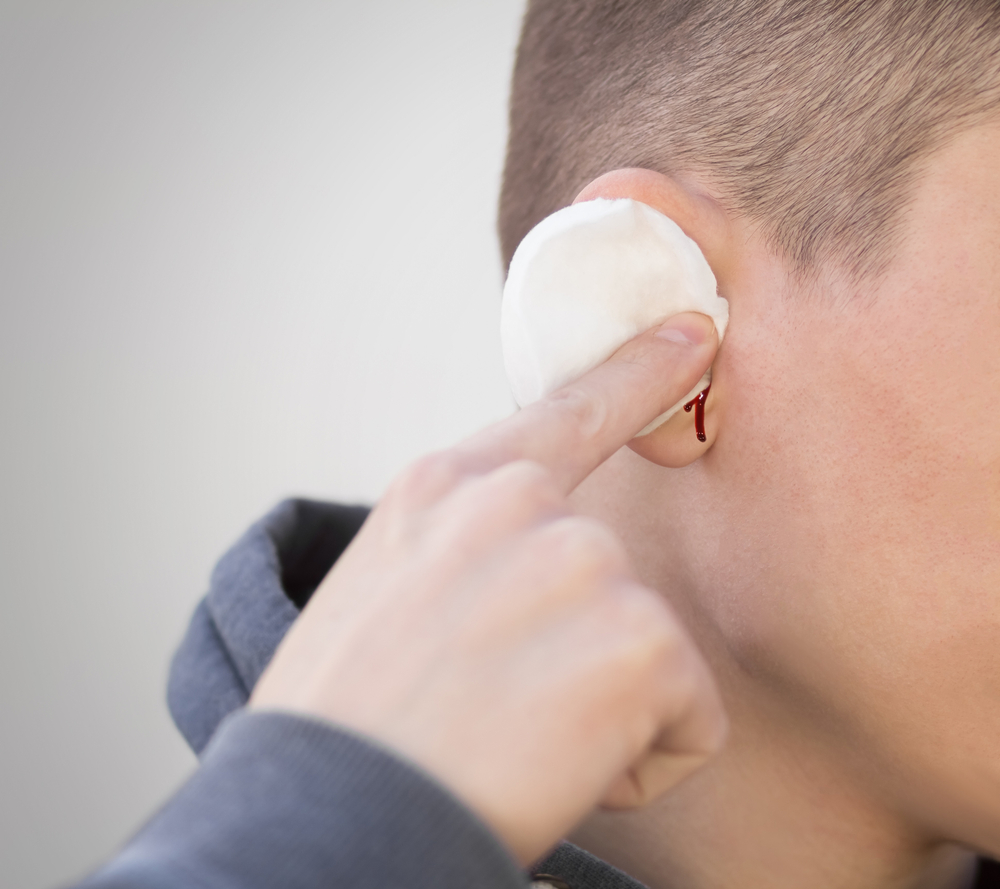You might be familiar with the various factors contributing to hearing loss, such as the impact of aging, genetic predisposition within families, or prolonged exposure to loud noises. However, you might find it intriguing to discover the link between diabetes and hearing impairment. Allow us to elaborate.
How does diabetes increase risk for hearing loss?
As per the CDC, 9% or 37 million individuals in the United States are diagnosed with diabetes, and this prevalence increases with age. Hearing loss is twice as prevalent in individuals with diabetes compared to those without the condition. Even in pre-diabetics, constituting 133 million Americans, the rate of hearing loss is 30% higher than in individuals with normal blood sugar levels.
Diabetes can result in nerve damage across various bodily regions, encompassing the hands, feet, eyes, kidneys, and ears. Elevated blood sugar levels can lead to the deterioration of small blood vessels and nerves in the inner ears. Conversely, low blood sugar levels can disrupt the transmission of nerve signals from the inner ear to the brain. Both scenarios can contribute to hearing loss.
The lack of diabetes control induces persistent high blood pressure, causing damage to the heart, blood vessels, kidneys, nerves, and eyes.
Signs you may have hearing loss
Hearing loss often occurs gradually and can go unnoticed if you’re not actively paying attention. In many cases, friends and colleagues may observe the issue before you become aware of it.
Some indicative signs of hearing loss include:
- Difficulty hearing on the phone
- Struggling in noisy restaurants
- Frequently asking others to repeat themselves
- Keeping the TV volume at a high level
- Perceiving others as mumbling
If you encounter any of these challenges or if someone points out changes in your hearing, it’s important to consult with an hearing specialist. They will conduct a hearing test, establishing a baseline for future assessments, and also address any balance-related concerns.
Be proactive if you have diabetes
We encourage all individuals with diabetes to get an annual hearing check from a hearing specialist.
Maintain your blood sugar levels within the desired range.
Steer clear of loud noises and shield your ears by using earplugs.
Find a hearing specialist near you if you are suffering from hearing loss or need to schedule your annual hearing check.



